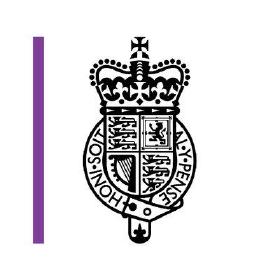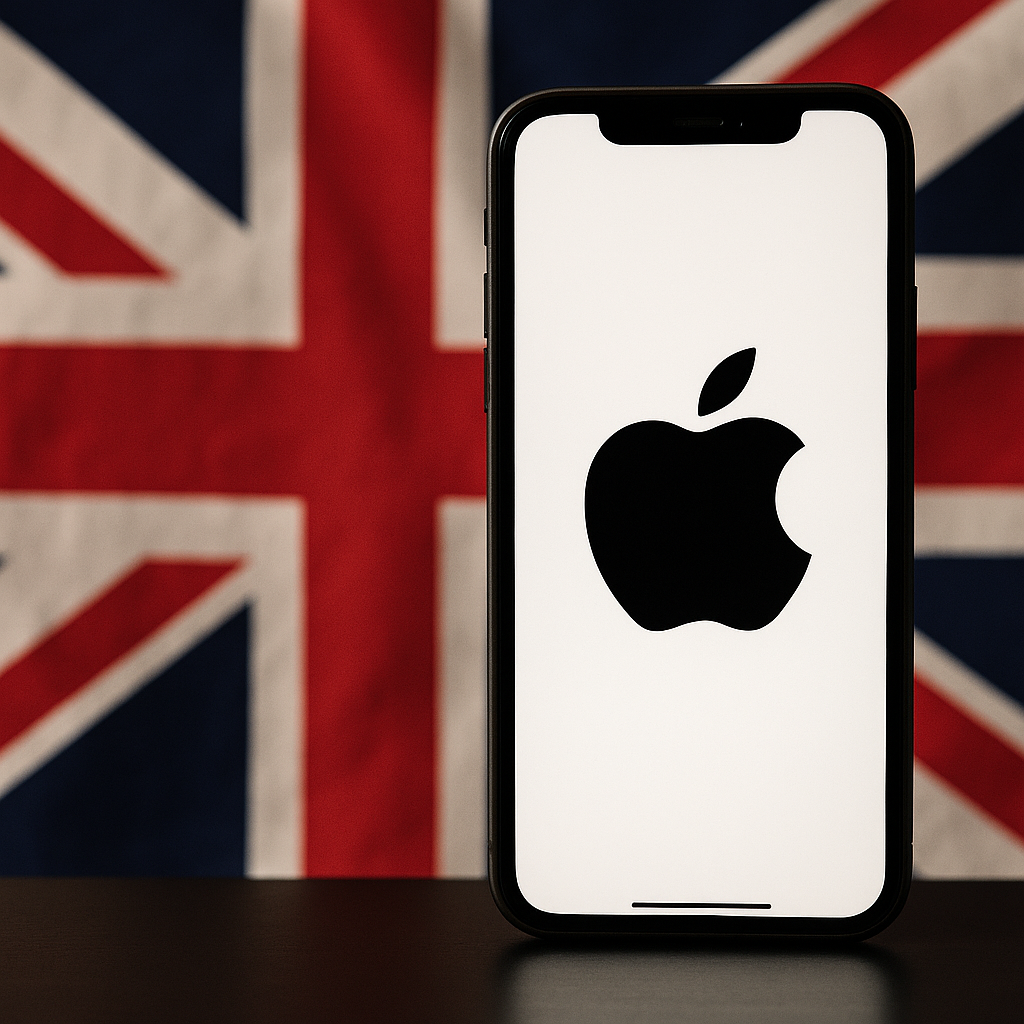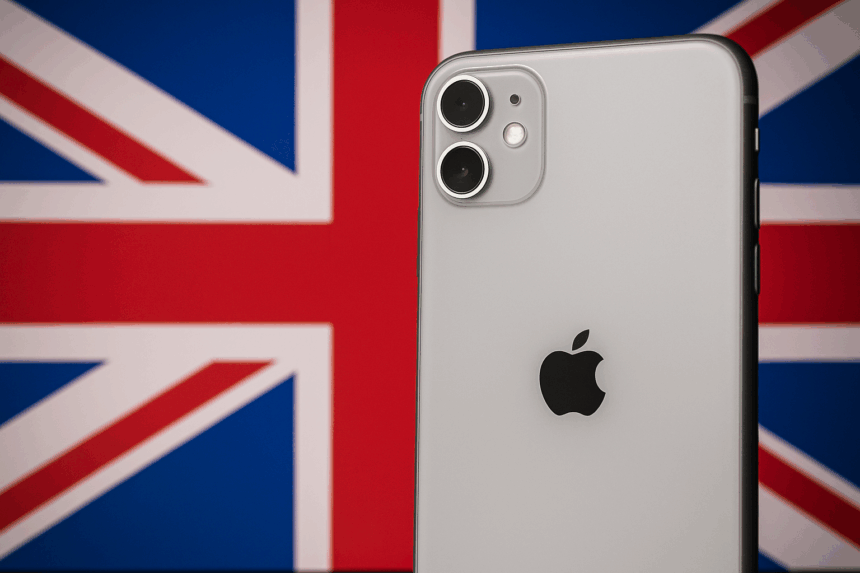The UK government reignited its fight with Apple over user privacy. Officials are pressing the Mac maker to open access to encrypted iCloud backups for British customers. While the government insists this request is about public safety, Apple stands firm against creating a backdoor into its services. They warn that any compromise in security exposes users everywhere.
What’s Happening & Why This Matters
A Renewed Push from the UK

The Home Office returned with a fresh Technical Capability Notice (TCN). It demands access to Advanced Data Protection (ADP) features and encrypted cloud backups of UK citizens. This notice follows earlier disputes where the government sought global access, even poking tensions with the White House. Although the UK scaled back its international demands, the new focus on domestic users has reignited controversy.
A Home Office spokesperson refused to confirm or deny the existing new notice. However, they stressed the government’s commitment to “all actions necessary to keep UK citizens safe.” For Apple, the issue is not about refusing law enforcement. It is about defending end-to-end encryption as a cornerstone of digital security.
Apple’s Firm Stance

Apple responded by expressing “grave disappointment” over being unable to offer ADP in the UK. They reiterated that they will “never” build a backdoor or master key for their products. The company had already withdrawn ADP for new UK customers earlier this year. They required existing users to disable the feature later. Standard services such as iMessage and FaceTime remain encrypted by default.
Apple challenged the first TCN through the Investigatory Powers Tribunal. They argue that forcing them to weaken encryption undermines global security. While some details of the case have surfaced, the broader contents of the notices remain hidden. This is due to UK secrecy laws.
Privacy Advocates Sound Alarm
Civil society groups have reacted strongly. Privacy International, which previously launched a legal challenge, warned. They stated that even a UK-only backdoor would effectively weaken encryption for all users worldwide. Once created, such vulnerabilities could be exploited. Not only by domestic agencies, but also by hackers, hostile states, or organized crime groups.
The group’s message is definitive. Compromising encryption in one market creates ripple effects across the globe. As one spokesperson put it, “The resulting vulnerability can be exploited by hostile states, criminals and other bad actors the world over.”
The International Context

Global leaders have weighed in. U.S. intelligence director Tulsi Gabbard confirmed the UK dropped earlier demands for access to American customer data. Even President Donald Trump compared the UK’s initial push to tactics “you hear about with China.” The contentious debate has reached the geopolitical level.
For Apple, the situation touches both business and principle. Its public identity as a defender of privacy is at risk if it compromises in one jurisdiction. For governments, the case exposes a paradox: citizen safety versus personal privacy protection in an era of increasing cyber threats.
TF Summary: What’s Next
The standoff between the UK government and Apple reflects a trending global tension. Governments want more access to encrypted data. Tech companies argue that undermining encryption weakens digital security for everyone. If the UK succeeds in forcing Apple’s hand, it may embolden other governments to demand similar concessions. This could begin a dangerous chain reaction for privacy rights.
MY FORECAST: Apple will not concede easily. Expect prolonged legal battles, pressure from advocacy groups, and global political fallout. The broader fight over encryption is far from settled, and the UK’s latest move may only fuel stronger international resistance to government-mandated backdoors.
— Text-to-Speech (TTS) provided by gspeech


